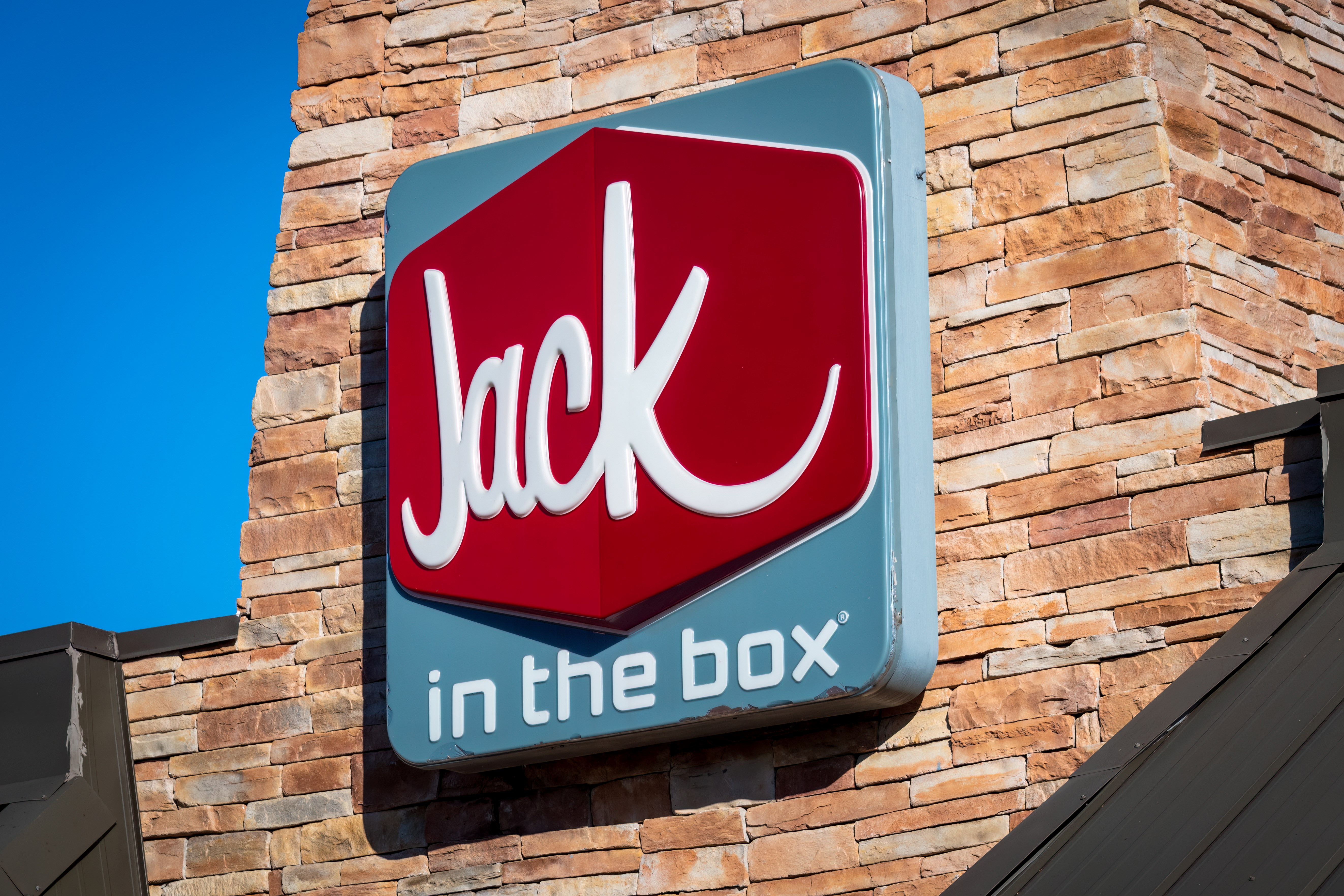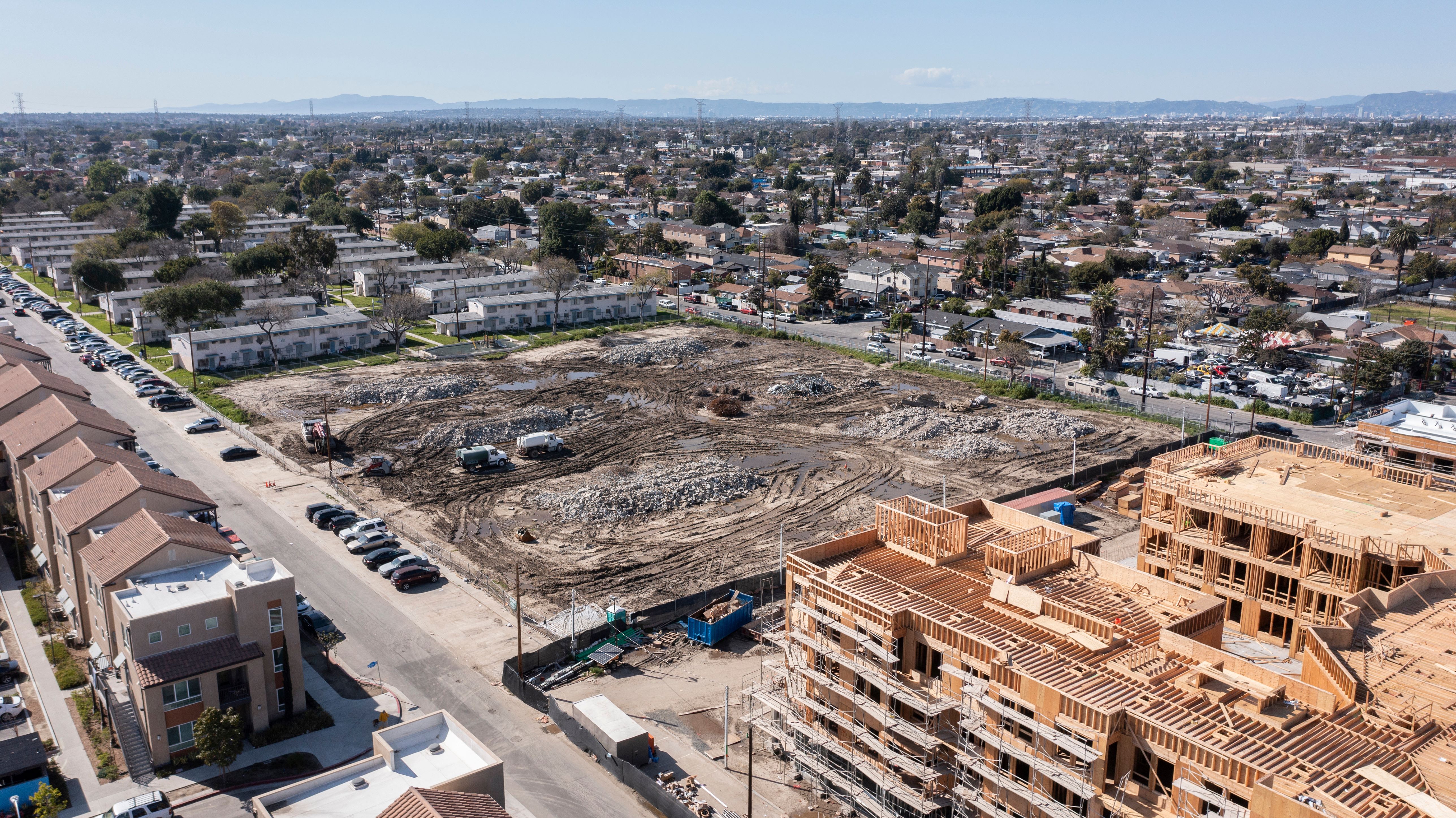Why Retail Tenants Should Consider a Ground Lease

Why Retail Tenants Should Consider a Ground Lease
I weekly get asked “Why would anyone do a ground lease”, so I am here to answer all the questions for why a ground lease might be best for you and your business. For retail tenants, deciding how to secure a new space often involves choosing between purchasing the property, opting for a build-to-suit agreement, or entering into a ground lease. Each option has its merits, but a ground lease offers distinct advantages, especially for tenants prioritizing financial flexibility, strategic growth, and long-term control without ownership.
What is a Ground Lease?
A ground lease is a long-term lease agreement (typically lasting 25 to 99 years) in which the tenant leases the land but assumes responsibility for constructing and maintaining buildings on it. This arrangement allows tenants to operate as though they own the property while avoiding the costs and risks of outright land ownership.
Advantages of a Ground Lease for Retail Tenants
1. Lower Upfront Costs
Purchasing land requires significant capital investment, which could be better allocated toward growing the business. A ground lease eliminates the need for an upfront land purchase, leaving tenants with more resources for:
• Customizing the building: Tenants can design and build a space tailored to their business needs and branding. Most tenants have their standard prototype buildings.
• Operational improvements: Capital can be reinvested in inventory, staffing, and marketing.
2. Control Without Ownership
Ground leases provide tenants with full operational control over the property. They can develop, customize, and manage the space according to their needs without taking on the financial burdens of land ownership. They also have leases that can last up to 99 years with predetermined payment which gives a tenant further control over the property.
3. Unlocking Development Opportunities
For tenants seeking prime locations that may otherwise be cost-prohibitive, ground leases offer a practical solution. By leasing rather than purchasing, tenants can focus their capital on construction and operational development, allowing them to enter competitive markets and bring their vision to life.
4. Tax Benefits
Lease payments under a ground lease are generally tax-deductible as a business expense, offering consistent financial relief. By contrast, property ownership involves depreciation schedules and other tax complexities that may not provide the same immediate benefits.
5. Avoidance of Real Estate Market Risks
Owning land ties tenants to fluctuations in the real estate market. With a ground lease, tenants can focus on their core operations without being impacted by potential market downturns or depreciating land values.
6. Flexibility in Exit Strategies
A ground lease offers a straightforward exit plan at the end of the lease term, without the complications of selling property. This is particularly advantageous for tenants with finite operational timelines or those testing a new market.
7. No Responsibility for Land Appreciation
In a ground lease, the landlord retains ownership of the land, and any increase in land value benefits them, not the tenant. This can be advantageous for tenants, as they avoid bearing the cost of land appreciation, which they would need to purchase outright.
8. Simplified Maintenance Responsibilities
While tenants maintain the building, the landlord often remains responsible for broader issues like zoning changes or environmental assessments, simplifying the tenant’s obligations.
Subordinated vs. Unsubordinated Ground Leases
Ground leases vary based on how they prioritize the landlord’s and tenant’s interests during the lease term, particularly when it comes to financing.
Subordinated Ground Lease
In a subordinated ground lease, the landlord agrees to a lower priority of claims on the property if the tenant defaults on financing. For example, if a tenant takes out a loan to construct a building and defaults, the lender could seize the land as collateral. To compensate for this increased risk, landlords typically charge higher rent in subordinated agreements.
This type of lease benefits tenants by enabling them to secure financing more easily. It also benefits landlords, as the tenant’s improvements often increase the value of the landlord’s land.
Unsubordinated Ground Lease
In an unsubordinated ground lease, the landlord retains priority over the property in the event of tenant default. While this protects the landlord’s ownership interest, it can make financing more challenging for tenants, as lenders cannot use the land as collateral. As a result, unsubordinated leases generally involve lower rent payments but may limit development opportunities for the tenant.
Comparing a Ground Lease to Property Purchase
Financial Flexibility - Purchasing land ties up significant capital that could be reinvested into the tenant’s business. A ground lease allows tenants to maintain liquidity while still achieving operational goals.
Reduced Risk - Property ownership comes with risks tied to market trends, property taxes, and long-term maintenance. A ground lease shifts much of this risk to the landlord, allowing tenants to focus on their business.
Simplified Exit - Selling property can be time-consuming and subject to market conditions. A ground lease provides a clear, predictable end date without the need for liquidation.
Comparing a Ground Lease to a Build-to-Suit Agreement
More Tenant Control - In a build-to-suit agreement, the landlord retains ownership, limiting the tenant’s control over structural changes and redevelopment. A ground lease gives tenants full autonomy to manage and customize their property.
Cost Savings - Build-to-suit agreements often include higher rental rates to offset development costs borne by the landlord. In a ground lease, tenants bear construction costs, which can result in long-term savings.
Conclusion
For retail tenants, a ground lease is a strategic solution that provides financial flexibility, operational control, and long-term security without the burdens of property ownership. By unlocking opportunities in prime locations, mitigating market risks, and offering flexible exit strategies, ground leases empower tenants to focus on growing their business. Additionally, understanding the nuances of subordinated versus unsubordinated ground leases can help tenants negotiate terms that align with their financial and development goals.
If you’re evaluating options for your next retail location, a ground lease may be the key to unlocking your business’s full potential while maintaining financial agility and long-term operational control.
Related posts
You may also find these articles interesting








